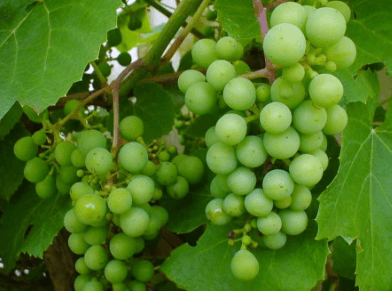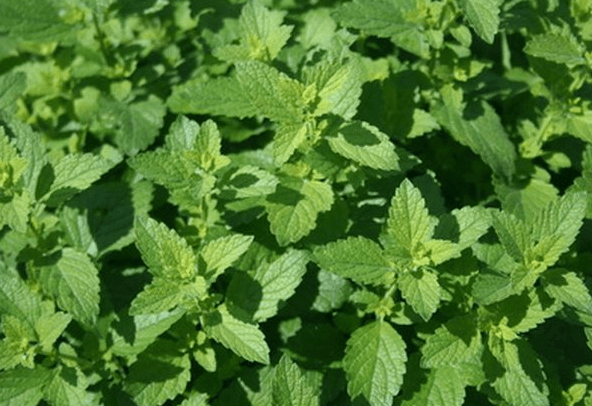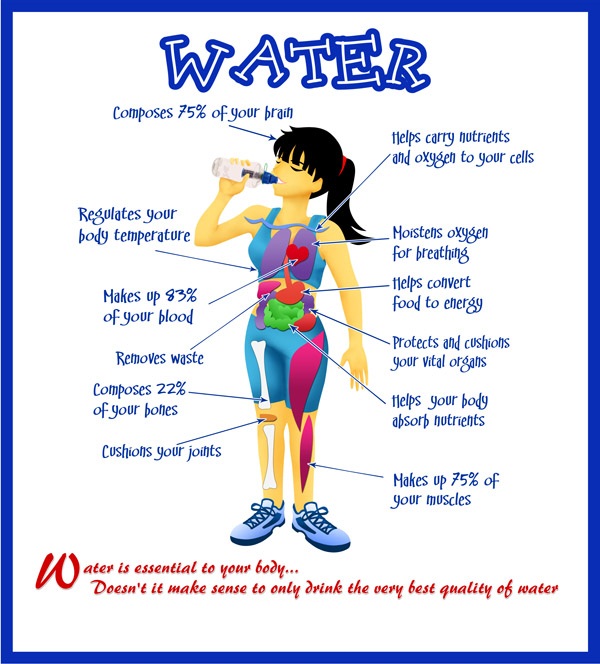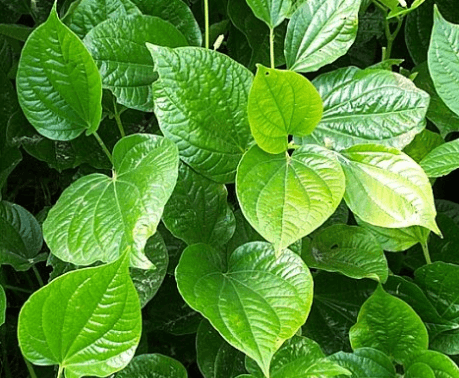Health benefits of Garlic
Strong flavored, garlic cloves contain many noteworthy phyto-nutrients, minerals, vitamins, and antioxidants that have proven health benefits. Total measured antioxidant strength (ORAC value) is 5346 µmol TE/100 g.
Its bulbs contain organic thio-sulfinite compounds such as diallyl disulfide, diallyl trisulfide and allyl propyl disulfide that can form allicin by enzymatic reaction, which is activated by disruption of bulb (like crushing, cutting, etc.).
Laboratory studies show that allicin reduces cholesterol production by inhibiting the HMG-CoA reductase enzyme within the liver cells.
Further, allicin also decreases blood vessel stiffness by release of nitric oxide (NO); thereby bring a reduction in the total blood pressure. It blocks platelet clot formation and has fibrinolytic action in the blood vessels, which helps decrease the overall risk from coronary artery disease (CAD), peripheral vascular diseases (PVD) and stroke.
Research studies also found that consumption of garlic is associated with a possible decrease in the incidence of stomach cancer.
Allicin and other essential volatile compounds also found to have anti-bacterial, anti-viral, and anti-fungal activities.
Garlic is an excellent source of minerals and vitamins that are essential for optimum health. The bulbs are one of the richest sources of potassium, iron, calcium, magnesium, manganese, zinc, and selenium.
Selenium is a heart-healthy mineral, and is an important cofactor for antioxidant enzymes within the body. Manganese is used by the body as a co-factor for the antioxidant enzyme, superoxide dismutase. Iron is required for red blood cell formation.
It contains many flavonoid anti-oxidants like carotene beta, zea-xanthin, and vitamins like vitamin-C. Vitamin C helps the body develop resistance against infectious agents and scavenge harmful, pro-inflammatory free radicals.
Garlic cloves have amazingly high levels of vitamins and minerals. Just 100 g provides (in % of recommended daily allowance)
95% of vitamin B-6 (pyridoxine),
52% of vitamin C,
33% of copper,
21% of iron,
18% of calcium,
26% Selenium, and
73% of manganese
but no cholesterol.





